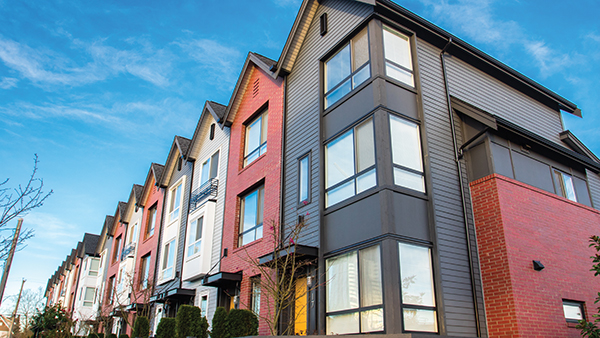While hotels have been dealing with regulations like zoning ordinances, state guidelines, and tax laws for decades, private accommodation short-term rentals largely have been left to their own devices — aside from a few local guidelines and taxes.
On the one hand, this lack of regulation made it possible for a new industry to blossom, with private owners using professional vacation rental managers as well as DIY services like Airbnb and Vrbo to compete with major hotel chains and resorts. On the other hand, it meant these properties never had to adhere to any set standards to ensure the safety of guests and their communities.
As people have started to take note of this growing business — and the potential profits and problems it could engender — local communities began to pass regulations in response that included hefty fines waiting for anyone who didn’t comply. This led to operational shifts in many local municipalities, but it didn’t necessarily spark improvements everywhere.
However, the Coronavirus pandemic has changed everything. The pandemic has made a strong case for increased safety regulations, which some companies were quick to embrace. Airbnb, for instance, has already established strict guidelines for cleanliness and social distancing that owners must follow, and some industry associations have attempted to drive national safety standards. It’s only a matter of time before local, state, and federal regulators put their feet down and create rules that properties must adhere to if they want to stay in operation.
For short-term rental owners, these moves should not be seen as a threat. Instead, they are an opportunity for owners to show that they’re able to meet or exceed what hotels provide from a safety standpoint — allowing them to focus on what makes staying in their properties a “limited edition” experience. A proactive approach also allows vacation rental operators to be part of any local regulation discussions while making sure customers are healthy and happy during their stays.
This focus on safety shouldn’t be limited to the pandemic, either. An increasing number of people prioritize safety when choosing vacation properties. More than half of Millennials cited safety as their top concern when making travel plans.
If you own several short-term rentals but are not sure where to start when it comes to keeping guests safe, here are four features that you should consider adding for your rental properties:
- Connected keyless locks.
No one wants to go to an office for check-in. Guests would much rather go straight to their temporary homes and start their vacations. An increasing number of hotels have adopted keyless entry for the added convenience and security it provides — especially in this era of social distancing. In addition to making the check-in experience easier, keyless locks reduce the risk of lost or duplicated keys and lockouts. It also lets property managers remotely control entry for cleaning or maintenance crews.
- Smoke and carbon monoxide (CO) detectors.
While you probably have smoke detectors installed in your properties, the same might not be true for CO alarms. These detectors are arguably even more important than fire alarms because, unlike smoke and fire, CO is invisible and odorless in addition to being deadly. Without a detector, there’s no way to know whether you have a carbon monoxide leak until you start getting sick — or worse. Ideally, these devices should connect with a monitored security service that can call the proper authorities when an emergency is detected. That way, you are doing everything possible to ensure your renters get help before it’s too late.
- Fire extinguishers.
It’s important to have a fire extinguisher in the house, but you also need to make sure the extinguisher hasn’t expired and is code compliant. Extinguishers are not one-size-fits-all devices; a variety of factors determine what kind of extinguisher you need in a short-term rental property, including where it’s placed, what the climate is, and what fuel sources are in the unit. For most properties, the best place to put this essential item is in the kitchen. In these cases, a multipurpose fire extinguisher is typically the best fit.
- Connected access control and intercom systems.
As mentioned, security is more important than ever for renters. In multi-unit structures like apartments and condos, connected access controls and intercoms let guests easily move throughout properties while keeping residents safe with real-time control and auditing.
Even if no new safety regulations come out of the COVID-19 pandemic — an unlikely outcome — implementing these features should still be a best practice for short-term rental property managers and owners. These features can help guests feel safe and comfortable during their stays and encourage them to return for future visits.
Sean Miller is president of PointCentral, a subsidiary of Alarm.com and the leader in enterprise property automation solutions for long-term and short-term managers of single-family and multifamily rental properties.
























0 Comments